It is time to stress less
By Louise Belle BHSc (Nut Med)
When you’re feeling overwhelmed with stress the last thing you want to hear from your friends or family is “stress less”. However, they have a very valid point. It is normal to experience general stress due to work, family, and financial pressures. You may experience acute stress due to an accident or traumatic event in your life, but this stress will usually disappear over time. Experiencing stress is normal and is ok in small amounts.
Chronic stress, on the other hand, is stress experienced over a long period of time and can be very damaging to your health. Stress is often overlooked as being unimportant or normal, but stress can be a risk factor for many health conditions. Stress causes inflammation in the body and can contribute to high blood pressure and increased risk of heart attack or stroke. Chronic stress can suppress the immune system, can affect digestive function and nutrient absorption and can deplete the adrenal glands, leading to fatigue. Your hormones, your sleep, your muscles and even your skin can be negatively affected by stress. This is why it is important to get your stress under control. Try these tips:

Breathing techniques
As simple as this may seem, breathing exercises are extremely effective in reducing stress and anxiety. A simple breathing technique is to breathe in for 3 seconds and hold, then breathe out for 5 seconds and hold. Repeat 10 times. This is a simple and easy stress tip that you can do in bed, at your desk, while you’re cooking dinner or even on the toilet.

Meditation/yoga
Practicing mindfulness and relaxation is very effective at reducing overall stress and calming the nervous system. All you need to do is dedicate 10 minutes every morning or afternoon to meditating or stretching. It really isn’t that hard and once you’re in the routine you’ll love it! Think of it as some ‘me time’.

Sunshine
Ahh the power of wonderful sunshine! Studies have shown that spending 15 minutes outdoors in the sun every day can improve mood and reduce stress. Make the effort to go outside and bask in the sunshine every day for a vitamin D and mood boost.

Exercise
When you’re stressed or feeling low, exercise is probably the last thing on your mind. That 20-minute walk you’ve been putting off could actually be your new best friend. Exercise releases endorphins that make you feel good- like eating chocolate. Aim to squeeze in a little exercise most days to cool off and boost your mood.
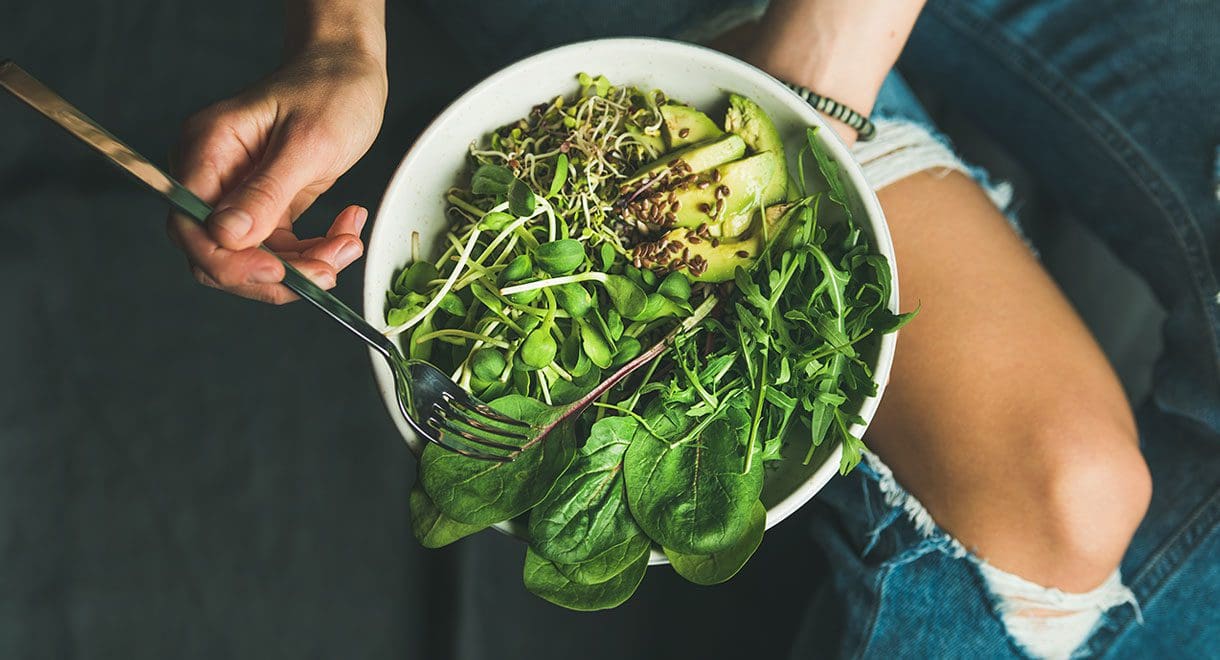
Magnesium
This miracle mineral is known as the great relaxer and for good reason. Magnesium is a smooth muscle relaxant and helps to calm down the nervous system. Pumpkin seeds, leafy greens, avocado, amaranth, nuts and beans are great sources of magnesium that you can include in your daily diet. Taking a good quality magnesium powder can give you the extra support you need to chill out.

B Vitamins
B vitamins increase your ability to deal with stress and anxiety. This is because they are required for the production of neurotransmitters (brain chemicals) serotonin and dopamine which help you to feel happy and relaxed. Eating turkey, chicken, oats, beans, fish and milk will boost your B vitamin intake.
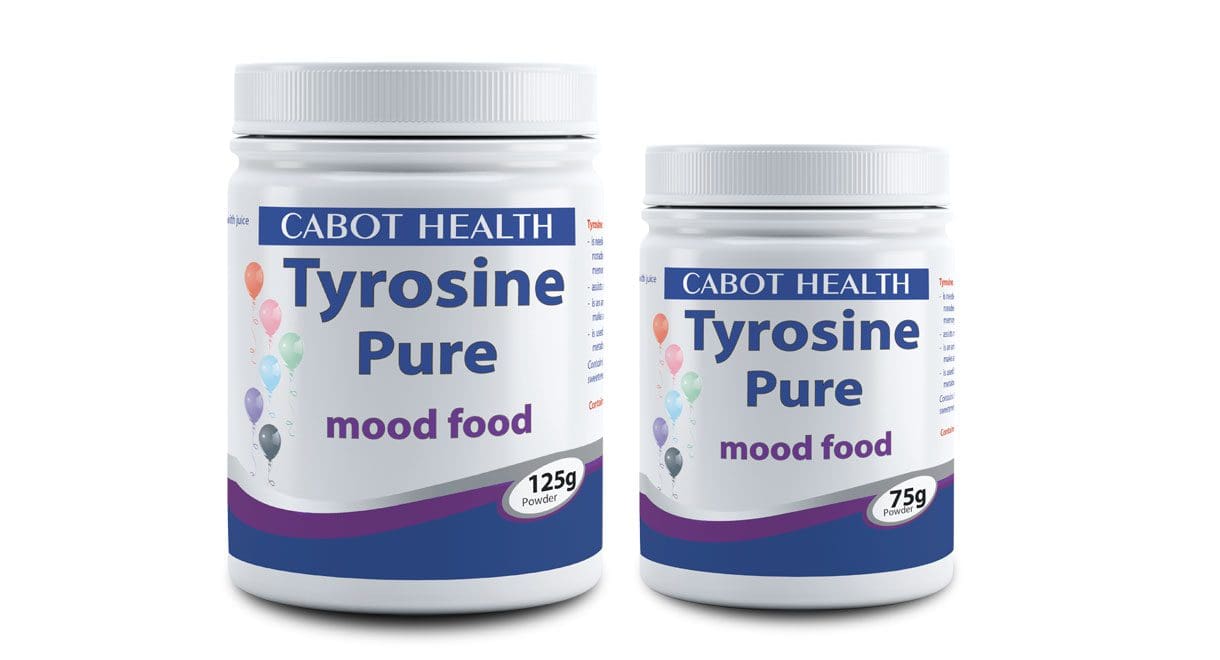
Tyrosine
This amino acid is the precursor to dopamine and noradrenalin (brain chemicals) that work on the reward centre of the brain to improve feelings of happiness. High amounts of stress deplete dopamine levels in the body, further increasing the need for tyrosine to replenish the stores. Tyrosine will improve your ability to cope with stress and to stabilise your mood. Meat, fish, tofu, nuts, seeds and wheat germ contain tyrosine, but supplementing with pure L-Tyrosine powder may be more effective in chronic stress.
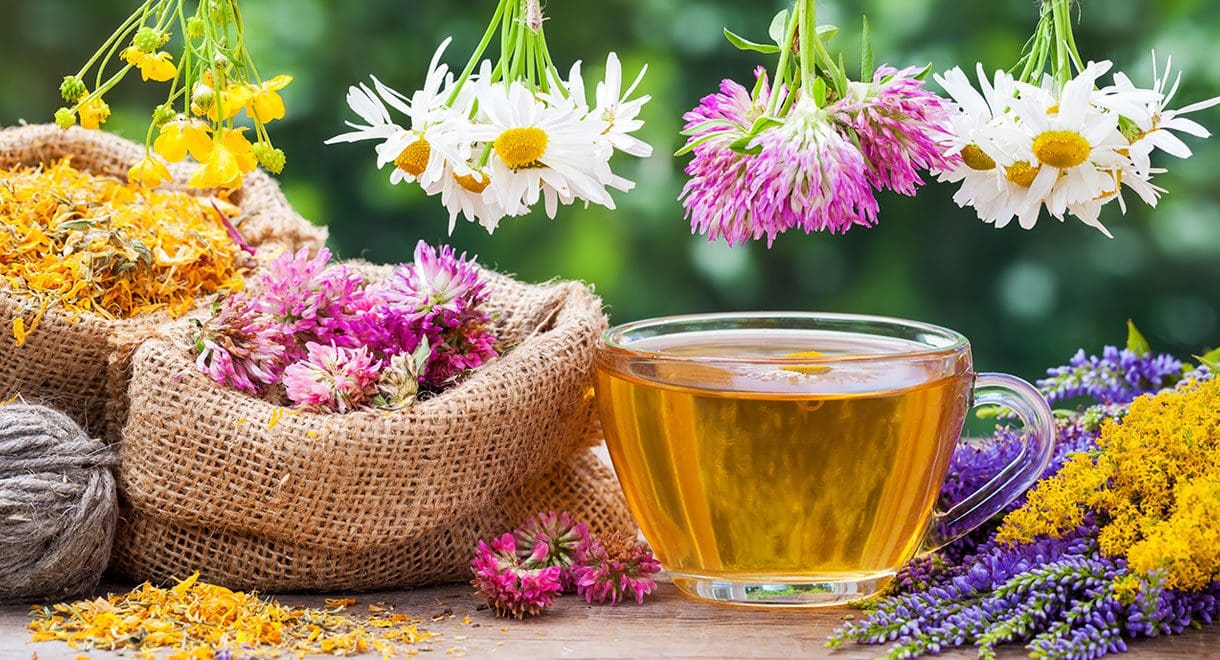
Herbal teas
Having a nice cup of herbal tea can be very relaxing and calming when you are stressed. Try a chamomile, peppermint, lavender, passionflower or rose tea to help you wind down. Treat yourself to a nice tea pot and sip on calming tea all day!
Now that you are armed with the information, it is time to stress-less! Feel your mood, energy and stamina increase when you start to get your stress under control, and improve your overall health. If you feel as though your stress may actually be on the brink of anxiety or depression, you should read Dr Cabot’s book “Help for Depression and Anxiety” which explains the brain chemistry and hormones involved and natural treatments for a happier you.




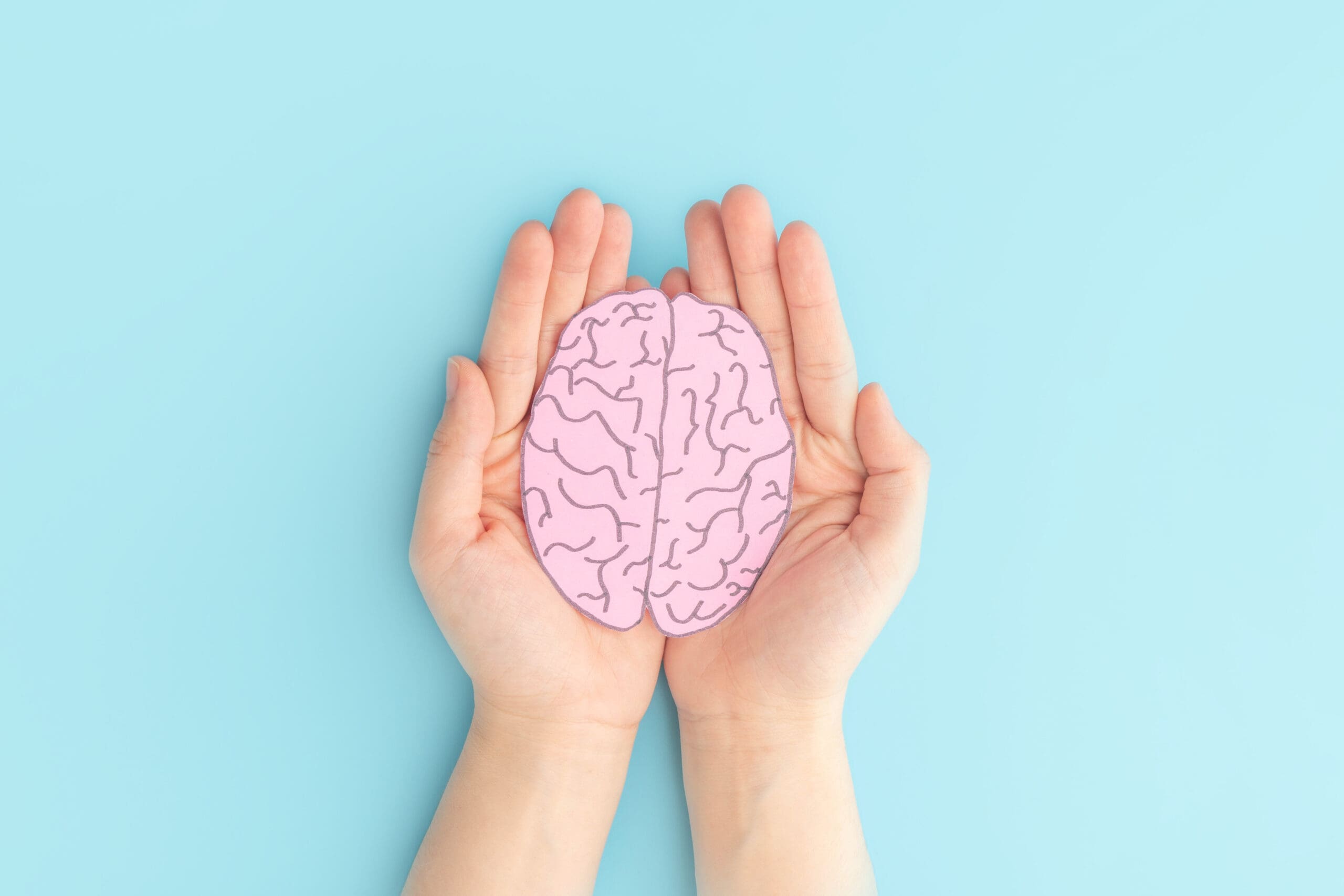

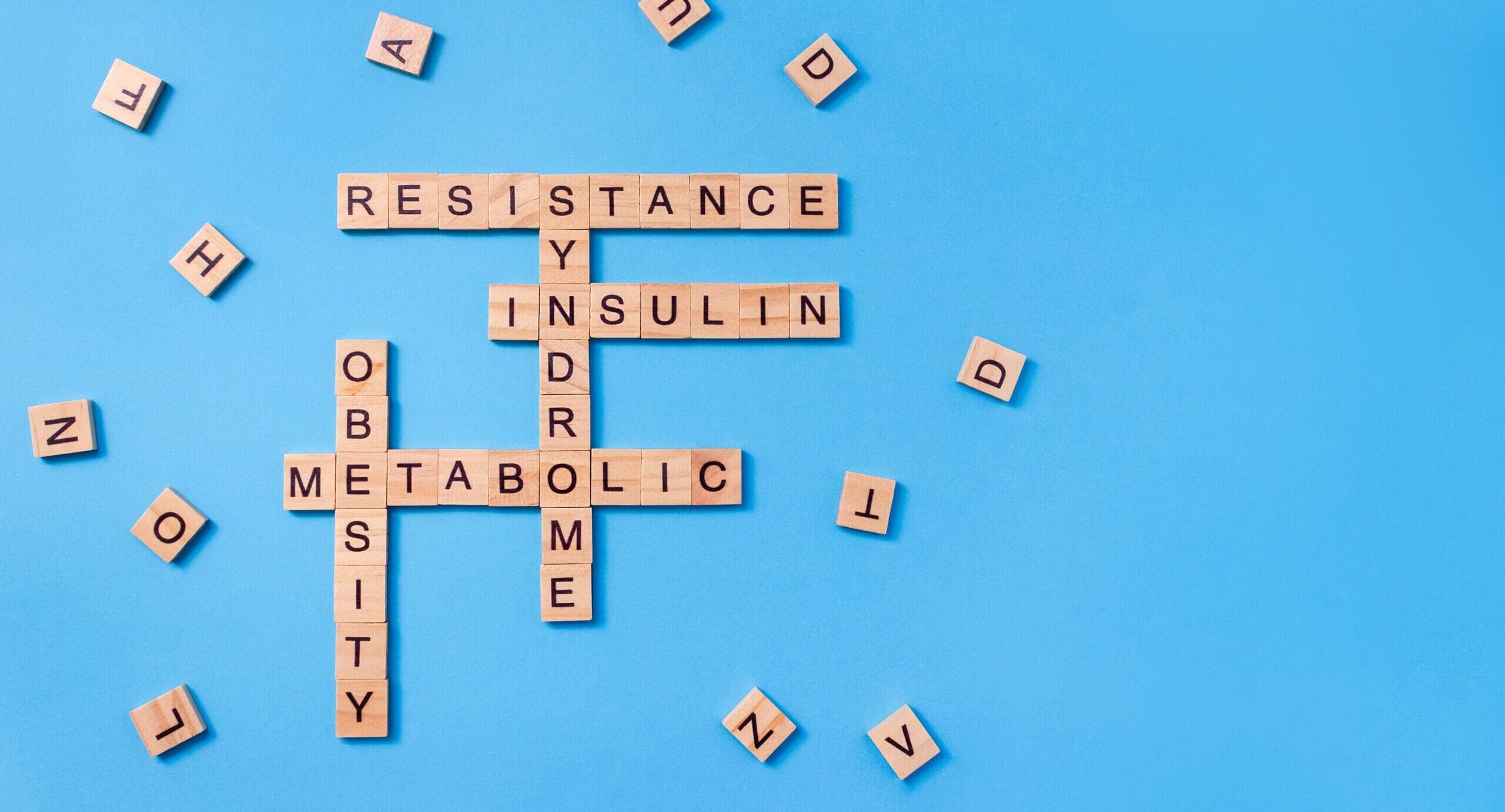


Leave A Comment